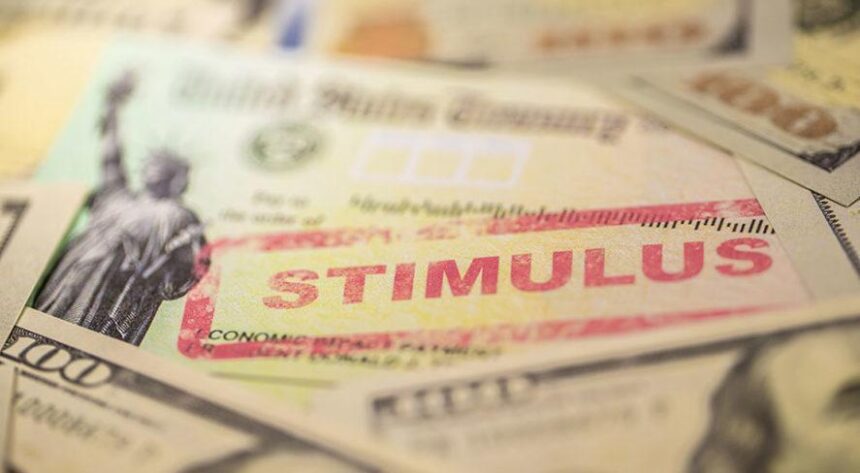By ELIF KARACA
It has been more than a year since the COVID-19 pandemic started. The course and effects of the pandemic are still deeply felt globally. In the meantime, new ones are added to the support packages from time to time to reduce the effects of the pandemic on the economy.
The total stimulus package sizes announced since February 2020 have reached USD 25 tr. Considering that the global GDP is around USD 88 tr, the amount corresponds to approximately 28% of the global GDP. Stimulus packages of this size show a public intervention in the economy at levels we could not imagine before the pandemic, according to Prof Ceyhun Elgin, Bogaziçi University Economics Faculty Member. “With the recently announced financial package of USD 1.9 tr in the U.S., a financial package at the level of 27.1% of GDP and a macro-financial package at the level of 10.7% has been achieved only in the U.S.,” he said.
Elgin, who has extensive reviews with his team on the incentive packages globally that was covered by many press organizations including Time, Washington Post and the BBC, evaluated the issue for daily DUNYA. According to the ranking in terms of financial package to GDP ratio, Japan (54.9%), USA (7.1%), Singapore (27.05%), EU member countries (18.6% on average) and Canada (18.5%) take the lead, said Elgin. In the macro-financial package ranking, Italy ranks at the top with 64.5% of GDP, followed by Germany (44.75%), UK (39.36%), Finland (35.45%) and UAE (29.98).
The situation in Turkey
Among 168 countries with the relevant data, Turkey ranks 85th with 4% in financial package and 45th with 8.8% in macro-finance package, according to Elgin. “However, in terms of financial package size, Brazil ranks 32 with 12%, Israel ranks 29th with 12.46%, South Africa ranks 43rd with 10%, Argentina 65th with 6% and even Iran ranks 49th with 8.85%,” he noted.
“The fact that financial measures in Turkey falls behind compared to similar countries is a decision taken by the economy policy management. I don’t know if there is a specific reason,” said Elgin adding that and his team’s researches reveal that the size of financial support is particularly affected by two variables, the size of the informal economy and the level democracy.
‘Informal economy’ and ‘democracy’ factor
“Two clear findings came to the fore in our two studies which are in peer review process. First, countries with larger informal economy (as a percentage of GDP) have announced more limited fiscal packages, as the financial flexibility of the public in these countries is more limited. Second, countries with a higher level of democracy (although democracy is a difficult concept to measure,) declare broader financial packages. The main reason for this is that the flow of information from the public and from the economy to the economy management in these countries is more transparent and correct. Unfortunately, Turkey lags behind globally in both variables. So, I think this may the reason the financial package is limited.”
Supports had impact on growth
2020 growth statistics have been announced in many countries. When certain variables related to the pandemic (such as the ratio of the number of cases to the population), a positive relationship between the size of these packages and 2020 growth rates stands out, Elgin stated. “In other words, countries that announced a larger package have closed 2020 with a relatively better growth rate.”
Moreover, countries that took larger and wider incentive measures had a lesser decrease in the labor force participation rates in 2020 compared to 2019, according to another study conducted by Elgin with Colin Williams from Sheffield University and Gamze Oz Yalaman from Eskisehir Osmangazi University. The decrease in working hours that were lost was also more limited in these countries, the study revealed.










